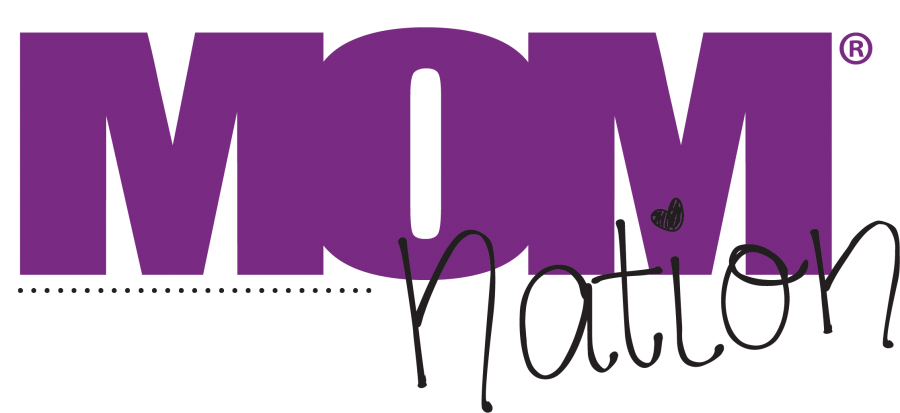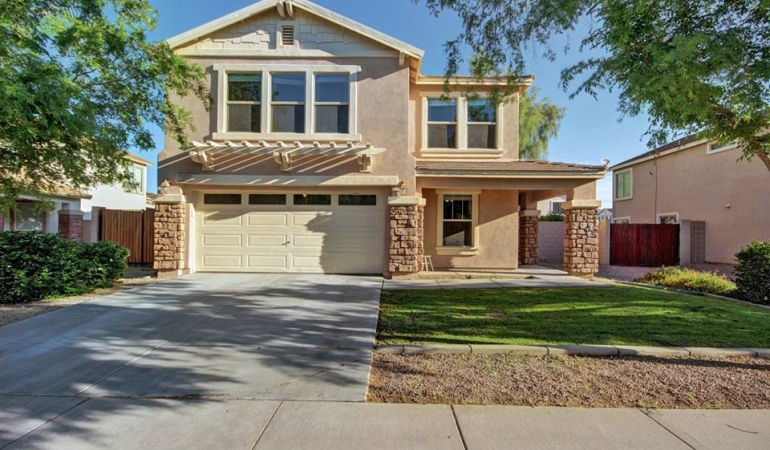7 Things to Save for When Buying a Home in Arizona
Face it, it’s time to buy a house. You’ve been thinking about it more and more since your rent went up…AGAIN. All of your friends are taking the plunge and some are even building new homes with the New Build Ninja AKA Jen Duncan! You’ve realized it’s time to get it together and start the process, but where to start? Buying a home can seem daunting, but with a strong real estate team supporting you, and a few tips, you can simplify this exciting process.
So, what is the most important thing you can do to prepare for buying a home in Arizona?
Start saving ASAP!
Toss as much in a savings account as possible. The more money you have to work with, the more options you’ll have during the process which can save you time and money in the long run.
Here’s what you are saving for:
Earnest Deposit: This is the buyers “good faith” money. This deposit is due upon an accepted contract and is held by the title company in an escrow account until closing. The typical earnest deposit amount is 1% of the agreed upon sales price.
General Inspection and Termite Inspection: The inspection period is typically the first 10 days following the accepted contract date in AZ. During this time, the buyer is responsible for performing any and all inspections of the property. It’s common for the buyer to cover this fee as well as a termite inspection fee. Depending on the size of the home and the inspector that is hired, this fee is typically around $400.
Closing Costs: Costs to close for the buyer is typically around 2-3% of the sales price for financed buyers. This estimate does include prorated property tax amounts and an appraisal fee. The appraisal fee will likely be due once the buyer’s lender orders the report. This fee is approximately $500. Costs for cash buyers are a bit less and there are no appraisal fees generally.
Home Warranty Plan: Home warranty plans can help ease the stress of home owning. Depending on the size of the home, home warranty plans are around $500 for a basic plan and around $650 for a basic plan with pool coverage.
Deposit: Depending on the loan program, financed buyers usually have a down payment due at closing. Typical down payment amounts are 3.5%, 5%, 10% and 20%. A quick conversation with Ryan Gilliam with Waterstone Mortgage will help determine the best, most cost-effective loan program and can advise down payment amount.
Repairs: Keep extra money aside for repairs that may be needed prior to moving in. A little extra cash for possible appliance purchases is a good idea too. Both of these items may be negotiation points during the sale, however.
Utility Accounts and Deposits: Some utility companies charge deposits for new utility accounts. Buyers should be prepared for this and call all utility companies during the inspection period to check all fees and schedules.
Some of these costs can be absorbed by the home seller and that can be accomplished by having an experienced and seasoned negotiator on your side. In Arizona, the home seller is responsible for paying the fee to the buyer’s agent. There is no charge to the buyer.
Contact me with any questions about real estate in Arizona! Either call me directly at the number below, or fill out the form and I will be in touch.
Katie Halle Lambert
480-250-0023
EvoAZ.com
Comments are closed.







Lots of good information ?
Great info!